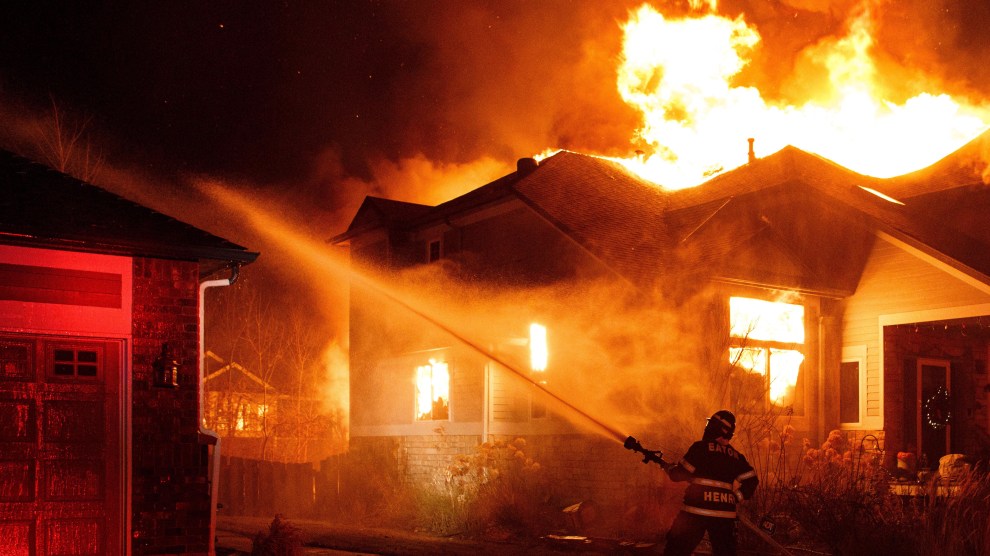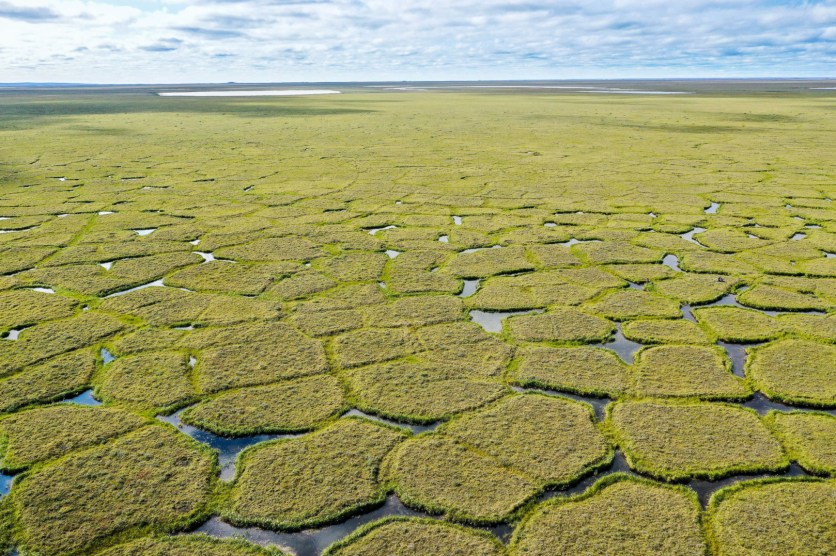
Marty Bicek/ZUMA Wire
This story was originally published by Wired and is reproduced here as part of the Climate Desk collaboration.
California’s wildfire season has kicked off in earnest, with the Oak Fire chewing extraordinarily quickly through the parched landscape around Yosemite National Park. The fire has burned nearly 17,000 acres so far, forcing thousands from their homes and blanketing the surrounding area in smoke.
For millions of years, the creatures of Earth have dealt with wildfire smoke, a noxious blend of particulate matter and toxic gasses. They’ve had to, really: Lightning ignites wildfires, and occasional small blazes actually result in a net benefit by resetting the ecosystem for new growth.
No longer. A variety of factors—including climate change, a history of fire suppression, and growing human populations—have conspired to turn what were once mild blazes into monsters like the Oak Fire. And that means more smoke, and longer exposure to gasses like carbon monoxide and dioxide, benzene, formaldehyde, and ozone. It also increases exposure to the soot carried in the cloud, which can contain solids like lead, cadmium, and polyaromatic hydrocarbons. Scientists know how this smoke affects human health, exacerbating asthma and other respiratory problems, but they know almost nothing about other species. As wildfires grow bigger and more intense, researchers are racing to figure out how birds, nonhuman primates, and livestock might be suffering—and the early results are troubling.
In 2020, Amy Skibiel, an animal scientist at the University of Idaho, monitored a group of 13 cows between the state’s July to October fire season. She and her team scrutinized carbon dioxide and mineral concentrations in the cows’ blood, their respiration rates and temperatures, and the quantity of milk they were producing. “The big question was: What effects does wildfire smoke exposure have on dairy cattle production, immune status, and metabolism?” says Skibiel. “Most humans can retreat from conditions of poor air quality, whereas livestock are housed in open-air barns, or they’re out on pasture or on dirt lots. They’re exposed 24/7 to the prevailing environmental conditions.”
Skibiel found that a particularly smoky day could cause a loss of 9 pounds of milk per cow. (A cow usually produces 70 to 80 pounds per day, so this is a significant dip.) “Another interesting thing that we found was that milk yield was reduced for seven days after their last day of exposure,” says Skibiel. “So even when the smoke dissipates, there’s still lingering effects. And we don’t really know how long that lasts.”
More frequent smoky days in the western US might already be eating into milk yields, and Skibiel’s team is working with dairy farmers to parse whether that is happening. The team will have to carefully isolate other complicating factors—high temperatures and humidity also lower milk production, for instance. But wildfire smoke could actually be conspiring with heat to lower yields: Fires are more likely to break out on hotter days when vegetation is parched. Smoke plus heat may equal even less milk. Skibiel also found changes in immune cell populations in the cows’ blood, suggesting their bodies were responding to the respiratory pollution.












